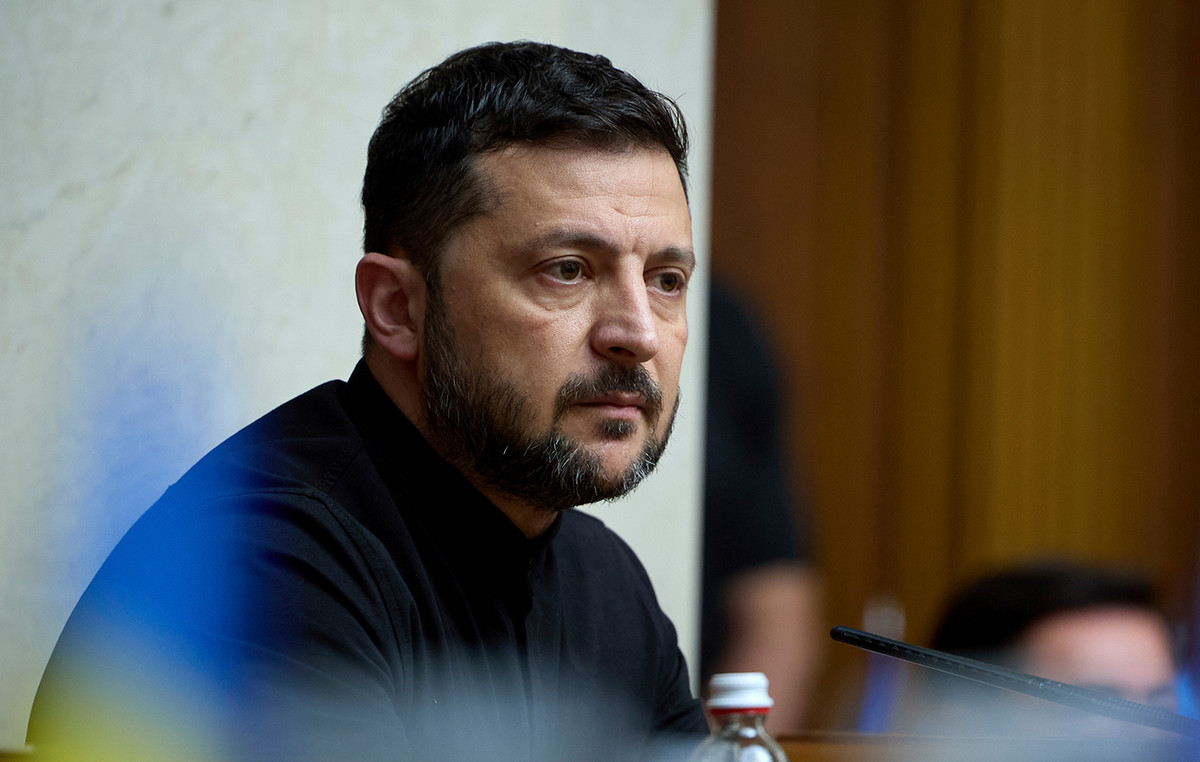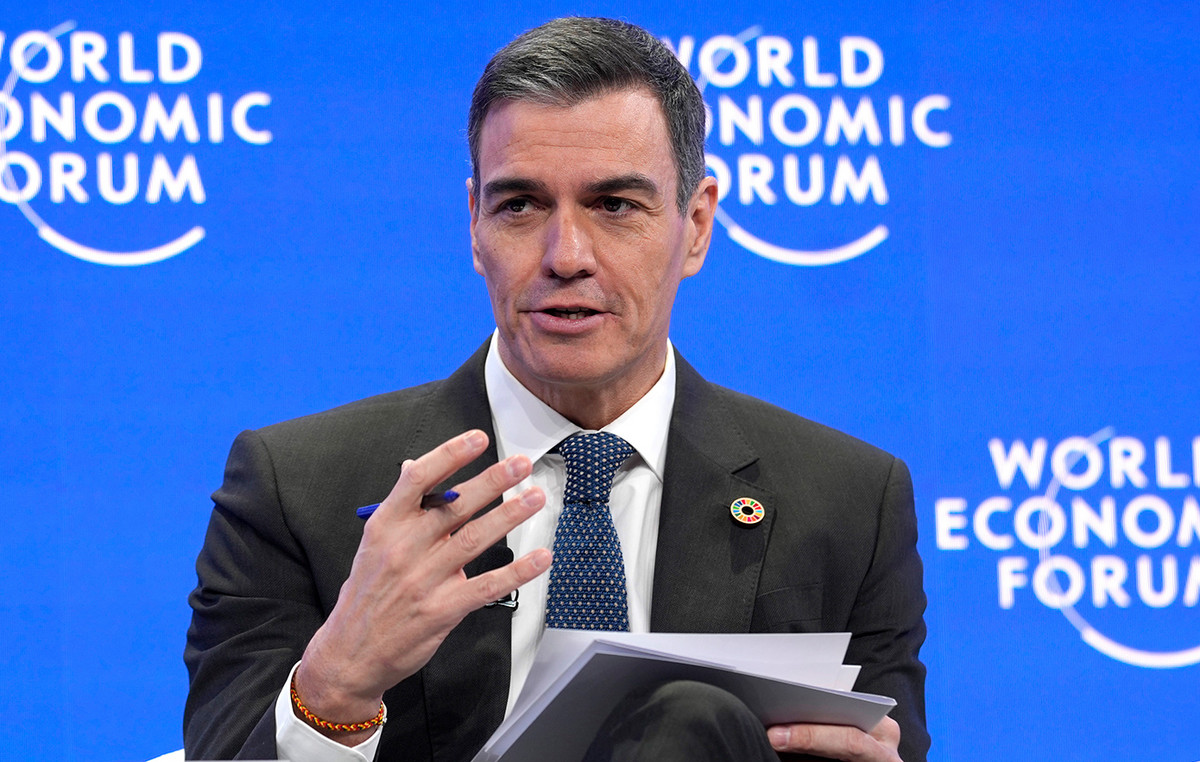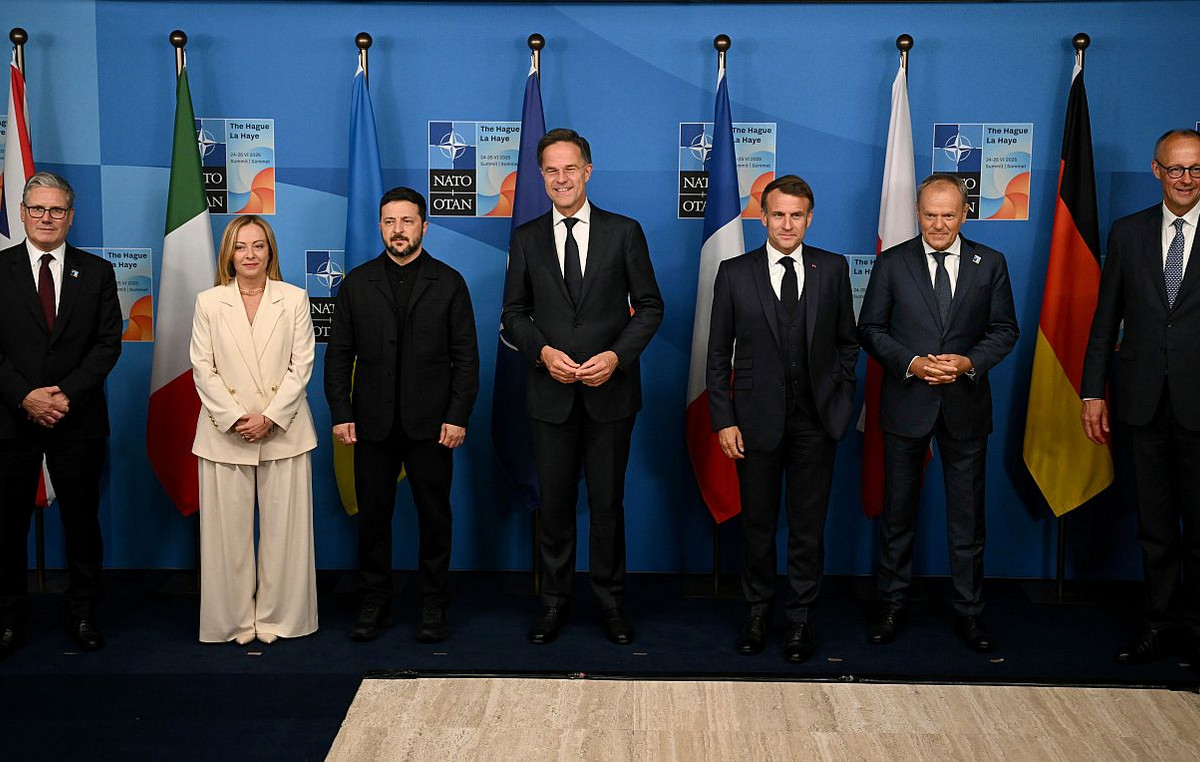After eight years of socialist government, Portugal may have a right-wing leader. The country is preparing for the early legislative elections that will take place on March 10 after the Portuguese president, Marcelo Rebelo de Sousa, dissolved parliament and called for a new election.
The measure was taken after Prime Minister António Costa, who was the target of an operation on influence peddling, resigned from his position.
The Democratic Alliance, a coalition that includes the PSD (Social Democratic Party), the CDS-PP (Popular Party) and the PPM (Popular Monarchic Party), leads voting intentions. According to the survey, if the legislative elections were held today, 23% of those interviewed would vote for the coalition led by candidate Luís Montenegro.
At the beginning of the month, in a regional election on the Azores Island, the Democratic Alliance won three fewer seats to achieve an absolute majority. Montenegro refused Chega's offer of help to negotiate seats and promised to reject the coalition again at the national level.
Pedro Nuno Santos, from the Socialist Party, comes in second place with 22% of intentions. Representing the left, Santos, 46 years old, describes himself as “the grandson of a shoemaker, the son of a businessman”.
The far-right, anti-immigration party Chega, led by candidate André Ventura, came in third place in the IPESPE survey, with the preference of 16% of those interviewed.
Still according to the survey, the perception of the Portuguese population is that the Socialist Party, led by Pedro Nuno Santos, will win the elections, regardless of voters' preferences. 22% of those interviewed believe that Santos has performed better in pre-election debates and interviews.
Another important fact is that 65% of Portuguese people expect that, from the legislative elections on March 10, some changes in the way of governing the country will occur, but that others will continue in the same way.
Survey data
The survey interviewed 600 voters on February 21, 22 and 23, 2024. The maximum estimated margin of error for the total sample is plus or minus 4.1 percentage points. The confidence level is 95.45%.
Election campaign
The official campaigns officially started this Sunday (25). Neither the center-left nor the center-right are expected to win a majority of seats in the Portuguese parliament and the expectation is that there will be a post-election impasse, with the possibility of a new vote after March 10.
Source: CNN Brasil
Bruce Belcher is a seasoned author with over 5 years of experience in world news. He writes for online news websites and provides in-depth analysis on the world stock market. Bruce is known for his insightful perspectives and commitment to keeping the public informed.







